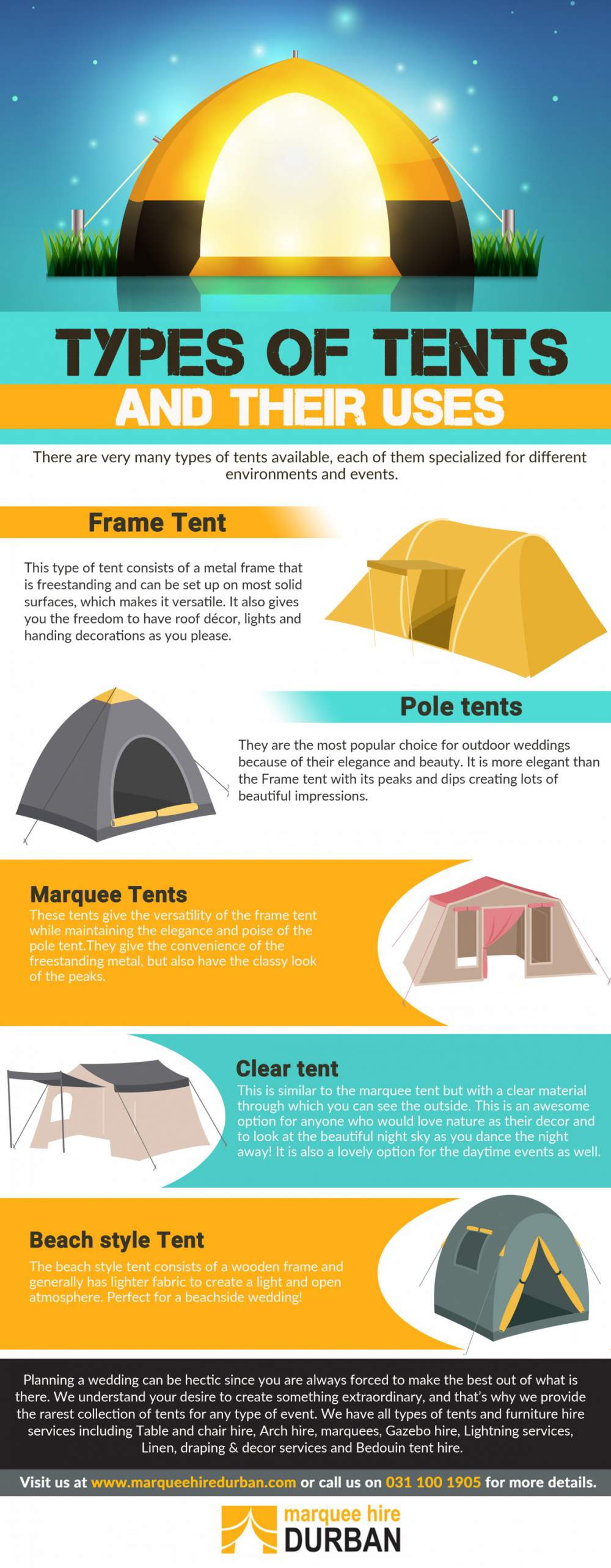Selecting the right framework product is crucial for occasion outdoors tents. Whether it's layered steel for budget tents or anodized aluminum for heavy-duty applications, there are numerous considerations to bear in mind.
Steel frames prevail in lower-priced pop-up outdoors tents yet are prone to rust despite finishings and need regular upkeep. Aluminum is light-weight, normally withstands rust, and stands up well in moist or coastal environments.
Steel
When it involves making sure the sturdiness of customized outdoors tents, the product used in their structures plays a crucial role. Steel and light weight aluminum alloys both use premium resilience, yet each offers distinct benefits that make it suitable for different sorts of atmospheres. Steel is perfect for rugged problems, while aluminum master withstanding corrosion and decreasing upkeep expenditures.
When occasion hosts choose the right outdoor tents for their requirements, they require to take into consideration aspects like expected climate condition. For example, structure tents usually do better in gusty or stormy problems than pole camping tents because they do not rely on a main pole to sustain the structure. Nevertheless, the connections in between frame items can compromise in high stress circumstances. Identifying these weak points and carrying out regular assessments can help stay clear of prospective damages.
Steel frameworks are hard to reduce, weld or shape, which can need customized tools and raise labor prices. Additionally, they have a tendency to rust or wear away easily and may require additional security or coatings. Furthermore, steel is really heavy and can trigger concerns when carrying a cover. It's also challenging to keep for long periods of time since it occupies much more room than light weight aluminum structures.
Aluminum
Light weight aluminum is a prominent structure material for canopy tents since it's light-weight, rust-resistant, and very easy to transfer and establish. It also gives a more steady sanctuary throughout gusty conditions than steel frames. Aluminum is much less vulnerable to tearing and any type of damages can be easily repaired, prolonging the life of the camping tent. It additionally takes a breath to lower condensation and supplies exceptional acoustic insulation to dampen outside noise.
The longevity of aluminum structure camping tents is better improved by the natural oxidation properties of the steel. It produces a compact oxide layer that protects the surface area from deterioration and spots. Therefore, the longevity of an aluminum pop up tent can be improved even additionally when the structure is anodized.
Anodized aluminum is stronger than steel and can endure high wind speeds. Furthermore, the layer resists corrosion and spots, extending the lifespan of the camping tent. Furthermore, plated light weight aluminum is recyclable and lasting, making it perfect for organizations looking for LEED accreditation. The mix of these homes makes light weight aluminum a much more cost-effective choice than steel for large, durable tents, such as those utilized to accommodate commercial tools and warehouse stock. Steel, on the other hand, is extra costly since it needs uv protection pricey alloys such as nitrogen, molybdenum, and chromium to improve toughness.
Iron
Iron frame camping tents typically last as much as 15 years if the ideal treatment and upkeep is applied. This consists of routinely cleaning up textile and evaluating metal elements for deterioration and wear. By taking these procedures, occasion hosts can make the most of the integrity of their frames and guarantee their continued performance in tough environments.
Steel is a suitable material for building sturdy tents, specifically for use in extreme weather. It is a solid, strong, and affordable material that offers security and strength for a wide variety of applications. Nevertheless, steel is prone to rusting in damp and seaside environments. The addition of safety coatings and routine upkeep can aid to mitigate this risk, however these efforts raise general upkeep expenses.
On the other hand, aluminum is a more long lasting choice for a personalized camping tent as a result of its natural oxidation homes. When plated, aluminum ends up being super-strong and up to three times harder than standard light weight aluminum alloys. This makes plated light weight aluminum the second-hardest compound beside diamond (satellites, airplane, and army automobiles all utilize anodized aluminum). In addition to its durability, anodized light weight aluminum is additionally a lot more resistant to rust than steel. These factors make light weight aluminum an exceptional option for pop up cover outdoors tents and contribute to their ability to carry longer service warranties (5, 7, and also lifetime structure guarantees). Additionally, light weight aluminum is 1/3 the weight of steel permitting a much thinner framework design for even more personalization options and raised stamina.
